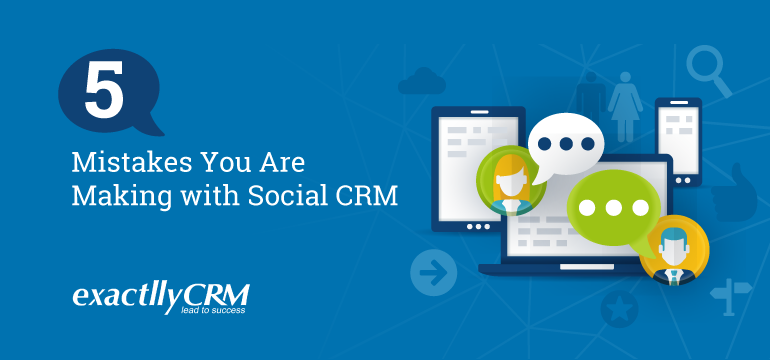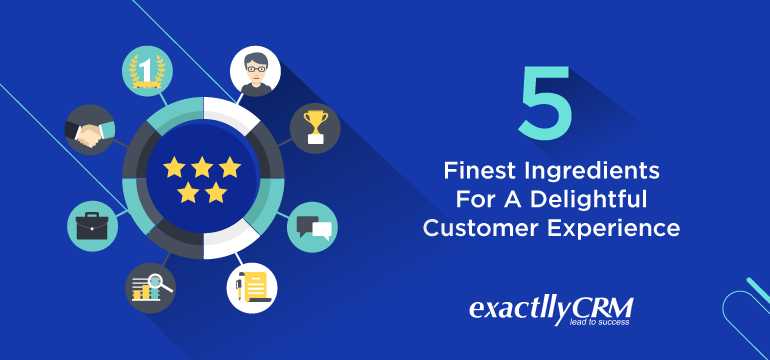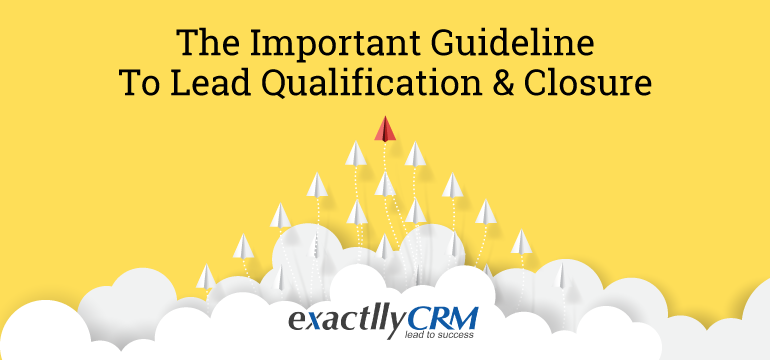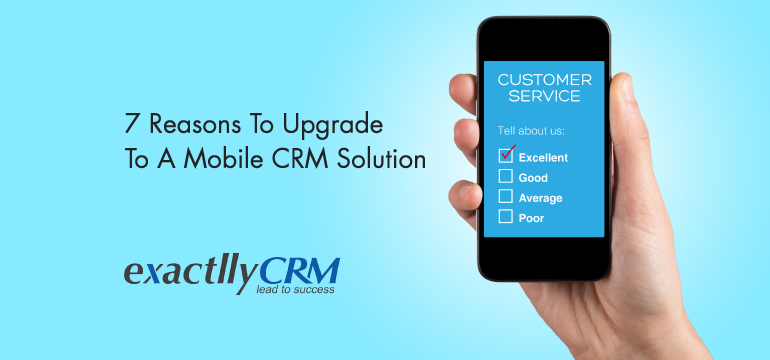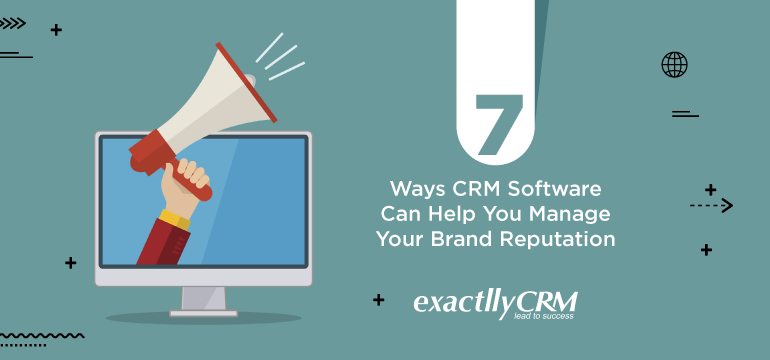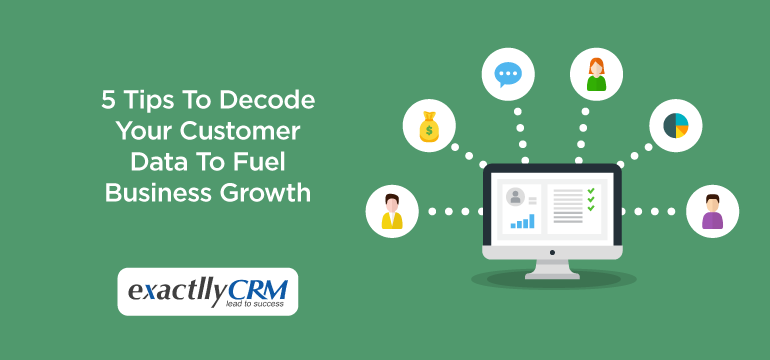5 Kinds of Social CRM Data You Need to Watch

One of the biggest differences between traditional and social CRM is that the former collects status data, while the latter focuses on large amounts of unstructured data. Traditional CRM stores data sourced from company records, voluntarily-submitted data and information collected via customer interactions. On the other hand, social CRM focuses on data that is curated and collected on social channels where customers are most likely active. This is precisely why social CRM data is unstructured and businesses may often lose focus while using it.
It is important to understand what data collected via social CRM helps you with:
- You get an all-round understanding of your customer
- You will be able to engage with your audience better
- You can perceive and interpret customer desires via social listening
- Gain access to valuable analytics and customer insight
- Provide enhanced customer service to your customers
- Improve products and enhance sales figures
To make the most of your CRM, it helps to focus on certain kinds of data to begin with. Here are 5 kinds of social CRM data you should pay attention to:
1. Online Reviews
People write all kinds of reviews online, and if you looked closely, you would get valuable insight about what bothers them about your product or service. Reviews also help you to understand how your competitors are faring. Whether negative or positive, reviews provide you with an opportunity to learn more about your audience and improve your existing products and services. Social CRM analyses meta-data related to reviews left and provides you with quantifiable and actionable insight. This insight can be used to address negative reviews, while improving existing products and services.
2. Social conversations
People discuss a lot of things online and some of which may be directly and indirectly related to your business. Analyzing social posts and trawling through them helps you to identify trends and market aspirations. It also helps you to predict market outcomes and changes that may take place in the near and distant future. Social CRM analyses social posts and alerts you with market trends and data pertaining to your industry. This helps you understand your customers better and predict what they want. Consequently, you will notice that you are able to enhance your existing products and services, and prepare for a competitive tomorrow.
3. Complaints on social media
While reviews specifically review a company’s products or services, specific complaints are a completely different matter altogether. Social media complaints are usually addressed directly to company representatives and provide you with valuable information about what is troubling your existing customers. This helps you to address each situation carefully, and rectify any mistakes that may have been committed from your end. Complaints redressal can be processed by social CRM to get an idea about each individual customers issues with your products. This data can be used to provide better customer support when they contact you again. Most importantly, social CRM helps you address the issue before it gets escalated to something unpleasant.
4. Queries on social media
While complaints and reviews provide specific information about your products and services, queries help you to understand what customers want to know or find. Many people ask questions online that are not directly addressed to your company, but related to something that you offer. These individuals can be valuable sources of leads and future customers. Social CRM helps you to identify these queries and alerts you to communicate with these individuals so that you can take action. You can either take a non-interventional approach and just respond to the query, or use that as an opportunity to make a sales pitch.
5. Language style
Social media is a powerful predictor of sentiments and values that are of significance to sales and marketing efforts. Social posts can help you to identify underlying themes, language styles, colloquialisms and other attributes particular to your target audience. Social CRM helps you to trawl through large amounts of unstructured social data and identify language styles and sentiments that re of significance to your customer support and marketing efforts. Using Natural Language Processing and Text Mining can be important tools to enhance your social CRM endeavors. These AI-based tools can be integrated with social CRM or purchased separately.
Social CRM helps generate leads and improves customer service
As you can see, social CRM is an invaluable source of customer data. However, most of it is unstructured and you may lose focus if you don’t know what you are looking for. To make your social CRM a successful lead generating machine and provide the best customer service, you can start to look at reviews that your customers have posted. You can also listen to social conversations in order to gauge the sentiments of your customers. In particular, if you find specific complaints or queries on social media, analyze them to get quantified insight. Finally, use natural language processing to understand the style of language used by your customers and tweak your marketing and communication style best suited for your audience. If you would like to try social CRM to enhance sales or improve customer support, contact us today.

